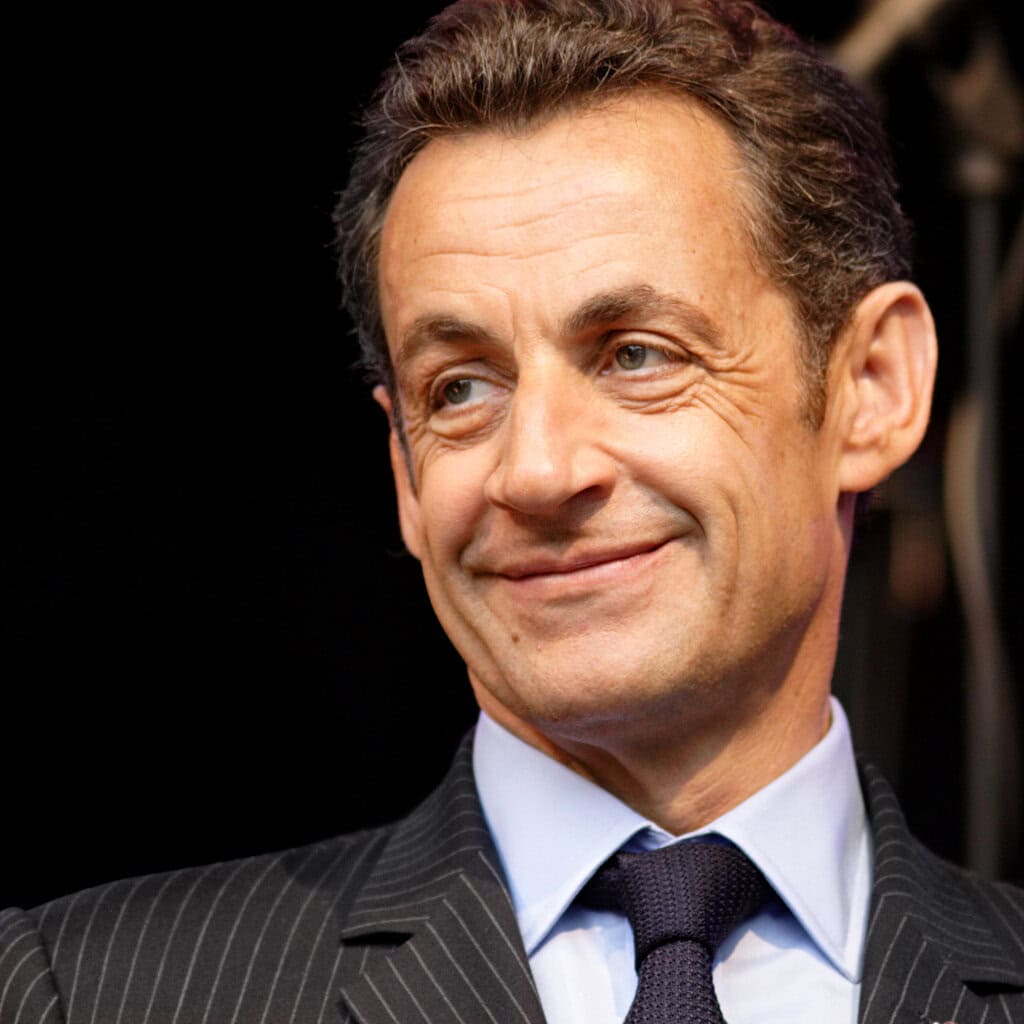Politics
Nicolas Sarkozy Sentenced to Five Years for Criminal Conspiracy

Former French president Nicolas Sarkozy has been sentenced to five years in prison following his conviction for criminal conspiracy. The ruling, issued by a Paris criminal court, relates to allegations involving millions of euros in illicit funds provided by the late Libyan leader Col Muammar Gaddafi for Sarkozy’s 2007 presidential campaign.
While Sarkozy was acquitted of charges related to passive corruption and illegal campaign financing, the court found him guilty of allowing close aides to engage with Libyan officials in an effort to secure financial support for his election efforts. Judge Nathalie Gavarino stated that although there was insufficient evidence to prove Sarkozy personally benefited from the illegal funding, the actions constituted a serious breach of the law.
In the wake of the verdict, Sarkozy expressed his intention to appeal, describing the judgment as “extremely serious for the rule of law.” The 70-year-old, who served as president from 2007 to 2012, has consistently maintained that the case is politically motivated, claiming it is an attempt to tarnish his legacy.
The prosecution contended that Sarkozy had not only received funds from Gaddafi but also promised to assist the Libyan leader in improving his standing with Western nations in exchange for financial backing. This assertion highlights the complexities surrounding Sarkozy’s political dealings and the implications of foreign financing in electoral campaigns.
In addition to the prison sentence, Sarkozy has been ordered to pay a fine of €100,000 (approximately $117,000, £87,000). The courtroom reportedly filled with a palpable sense of shock as the sentence was announced, underscoring the gravity of the ruling in the context of French politics.
The case has raised significant concerns about the intersection of politics and ethics in France, prompting discussions about the potential ramifications for future elections and governance. Sarkozy’s conviction marks a notable moment in the ongoing scrutiny of political financing and the accountability of public officials.
As the situation unfolds, many are watching to see how Sarkozy’s legal battles will evolve, particularly as he prepares to challenge the court’s decision. The implications of this case extend beyond Sarkozy himself, touching on broader issues of legal integrity and public trust within the political landscape of France.
The outcome of the appeal process could have lasting effects on the former president’s political career and the future of France’s political system.
-

 Top Stories3 months ago
Top Stories3 months agoTributes Surge for 9-Year-Old Leon Briody After Cancer Battle
-

 Entertainment4 months ago
Entertainment4 months agoAimee Osbourne Joins Family for Emotional Tribute to Ozzy
-

 Politics4 months ago
Politics4 months agoDanny Healy-Rae Considers Complaint After Altercation with Garda
-

 Top Stories4 months ago
Top Stories4 months agoIreland Enjoys Summer Heat as Hurricane Erin Approaches Atlantic
-

 World5 months ago
World5 months agoHawaii Commemorates 80 Years Since Hiroshima Bombing with Ceremony
-

 Top Stories3 months ago
Top Stories3 months agoNewcastle West Woman Patricia Foley Found Safe After Urgent Search
-

 Top Stories5 months ago
Top Stories5 months agoFianna Fáil TDs Urgently Consider Maire Geoghegan-Quinn for Presidency
-

 World5 months ago
World5 months agoCouple Convicted of Murdering Two-Year-Old Grandson in Wales
-

 World5 months ago
World5 months agoGaza Aid Distribution Tragedy: 20 Killed Amid Ongoing Violence
-

 World5 months ago
World5 months agoAristocrat Constance Marten and Partner Convicted of Infant Murder
-

 Top Stories4 months ago
Top Stories4 months agoClimbing Errigal: A Must-Do Summer Adventure in Donegal
-

 Top Stories4 months ago
Top Stories4 months agoHike Donegal’s Errigal Mountain NOW for Unforgettable Summer Views









